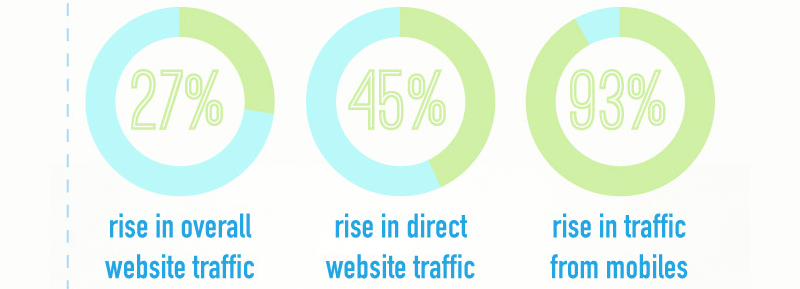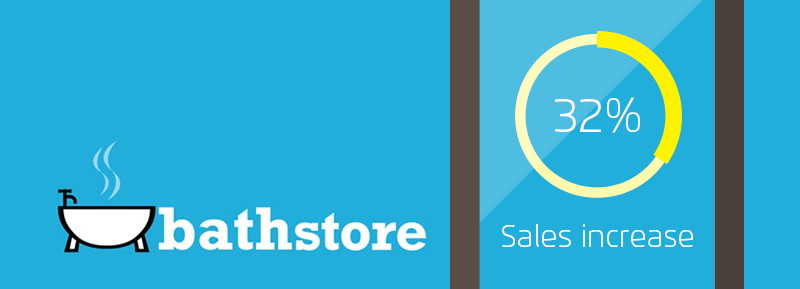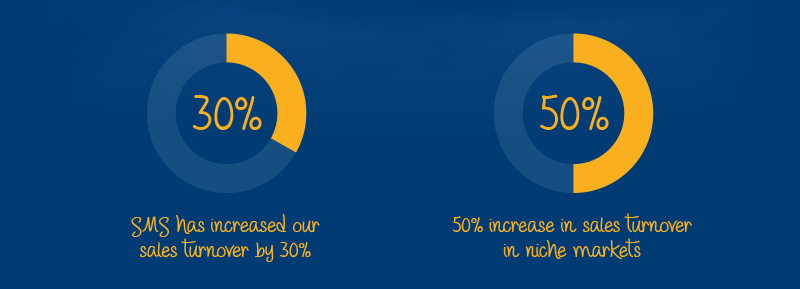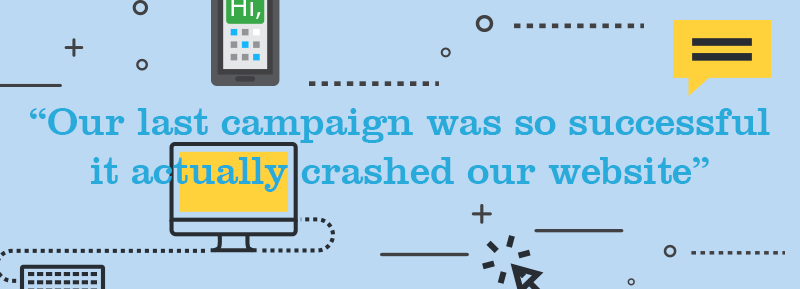Everyone loves a good success story, but no one loves one quite as much as us – and the fortunate thing for us, is that with mobile marketing you get plenty of success stories!
Now, we are extremely lucky here at Text Marketer to have some of the biggest names and brands from around the world in retail, fashion and ecommerce. But we also have some fantastic independent boutiques from around the country, which all gives us a great breadth of different customers and experience working with all types of retailers.
With all this in mind it has enabled us to build the near perfect (nothing is perfect) mobile marketing platform that enables them to work more efficiently, save time and money, inform staff and probably most importantly – get more sales!
Here are just five retail success stories we have had through Text Marketer…
Mainline Menswear receive huge website traffic boost!
The guys over at Mainline Menswear send out mobile marketing campaigns to their customers about their deals and offers, but also helping customers complete their orders and cart abandonments.
On Boxing Day they decided to send out a mobile marketing campaign…
“As a result of this sales increased significantly, leading to one of the busiest days in the company’s history… a 27% rise in overall traffic, a 45% rise in direct traffic and a massive 93% rise in mobile traffic”
Bath Store increases sales by 32% by SMS
Bath Store decided to send out an SMS campaign that targeted old customers that had purchased a product within the past 18 months…
“We were surprised at the result of this campaign. Sales increased by 32% the day after we sent the messages. We’ll be using this next time we have a promotion on.”
1 out of 4 shoppers came through our SMS campaign
Daniel Footwear have 25 shops dotted around the UK and a fantastic online store, and they decided to send out an SMS campaign for their Black Friday deal…
“We sent 45 thousand text messages out on Black Friday, which resulted in 1 out of 4 of all our sales on Black Friday coming through that SMS campaign, whether that be purchasing online or in store.”
Yes that’s right, 25% of their Black Friday sales came through SMS marketing!!
SMS marketing increased our sales turnover by 30%
Flight Quotes have great deals and offers on business class flights and luxury holiday packages. And through their regular SMS campaigns…
“SMS has transformed our business, as a result of which in the last 12 months, we now spend much more on SMS marketing than any other media including PPC and Newsletter emailing.
SMS marketing generates over 100 qualified, serious telephone enquiries for us daily Monday to Saturday, as a result of which we have expanded our sales team from 5 to 15!
Shifting from PPC and email marketing to SMS marketing has increased our sales turnover by an average of 30%, and as much as 50% in identified, targeted niche markets.”
Our SMS campaign was so successful our website crashed
Reem are a men’s fashion retailer that send out regular mobile marketing campaigns about new products and their current deals and offers…
“All the campaigns yield absolutely fantastic results. In fact, it has the best direct response rate out of any marketing activity we do… our last campaign was so successful it actually crashed our website because of the sheer amount of traffic generated from our message!”
Just one of the reasons we now have our fantastic spread send feature, that let’s you automatically send out all your messages over a certain time period – eases the load on the website and phones!
So as you can see by these truly amazing results, SMS marketing and retail are the best of friends… Why not sign up for your free mobile marketing account today and see what amazing results you can achieve.





